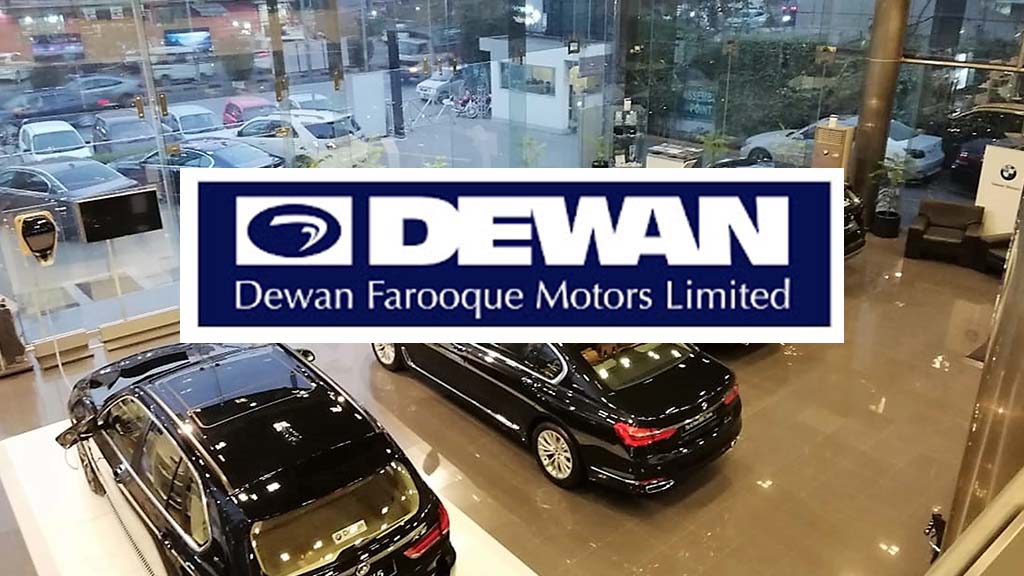Dewan Farooque Motors Limited (DFML) has locally assembled over 300 units of the Chinese-designed Honri‑VE electric hatchback, featuring a robust 300 km range per charge. These units have already been transferred to Eco‑Green Motors Limited for distribution, marking a significant ramp-up in Pakistan’s domestic EV manufacturing capabilities.
‘Honri‑VE’ Available in Two Variants Priced at Rs 3.99 M and Rs 4.99 M
The Honri‑VE model line includes two variants:
- 200 km version, priced around Rs 3.99 million
- 300 km version, priced at approximately Rs 4.99 million
Designed to match popular compact vehicles in Pakistan, this EV offers features comparable to models like the Suzuki Wagon R, delivering both familiarity and innovation to local consumers.
DFML’s Share Price Rises on Local EV Success
Following the announcement of successful EV assembly, DFML’s shares rose by over 4% on the Pakistan Stock Exchange, reflecting strong investor confidence. This surge highlights rising optimism in Pakistan’s electric automotive sector.
Partnership with Eco‑Green Motors under Toll‑Manufacturing Model
DFML operates under a toll‑manufacturing agreement with Eco‑Green Motors, receiving vehicle kits and supplying the assembly line. This model allows DFML to build EVs locally while leveraging its manufacturing infrastructure, as implemented by approval from the Engineering Development Board.
Kama Electric Van: LCV with 300 km Range and Commercial Focus
Earlier this year, DFML announced plans to launch the Kama electric light commercial vehicle, based on the popular Shehzore pickup. Fully built units (CBUs) have arrived for testing ahead of a Q1 2025 commercial launch. This EV promises to dramatically reduce fuel costs for businesses with its 300 km range and fast-charging feature.
Aligned with Pakistan’s National Electric Vehicle Policy Goals
These developments align with the National Electric Vehicle Policy, which aims to electrify 30% of passenger and heavy‑duty vehicles by 2030 and 90% by 2040. DFML’s rollout of both personal and commercial EV models supports those targets and positions Pakistan as a green mobility pioneer in South Asia.
Opportunity for Full Localization and Export Potential
DFML highlights Pakistan’s potential for fully localized EV manufacturing, including
- Battery production using domestic lithium resources
- Engine, transmission, and component assembly
If successful, Pakistan could emerge as an exporter of EVs and parts and gain carbon credits internationally, thanks to reduced emissions and a low-carbon manufacturing footprint.
Market Conditions Favor EV Demand and Financing
State incentives like EV tax exemptions, reduced financing rates, and lower central bank policy rate have made EVs more affordable. Increased auto finance availability is enabling banks to offer loans at competitive interest rates (12–14%), making both hatchbacks and commercial EVs more accessible to Pakistani consumers.
Strategic Investment in Infrastructure and Skills
DFML’s EV initiatives leverage existing facilities like the Sujawal plant, one of the country’s largest auto assembly hubs. The company’s existing dealership network and skilled workforce support efficient production, training, and market rollout of both passenger and commercial EVs.
Economic and Environmental Impact of Local EV Production
The switch to EVs promises multiple benefits:
- Reduced operational costs for consumers and businesses
- Lower carbon emissions and potential carbon credit earnings
- Growth of local tech, assembly, and service sectors
- New job creation in manufacturing, maintenance, and infrastructure
Looking Ahead: Commercial Launches and Expansion
In the next few months, DFML aims to:
- Launch the Kama electric van commercially
- Ramp up assembly of Honri‑VE units beyond 300
- Pursue full localization of EV components
- Advocate for supportive policies such as more duty exemptions
DFML’s EV push marks a watershed moment in Pakistan’s automotive evolution ushering in clean mobility solutions with high-range vehicles directly supporting national environmental and industrial priorities.



Comments (0)
No comments yet. Be the first to comment!
Leave a Comment